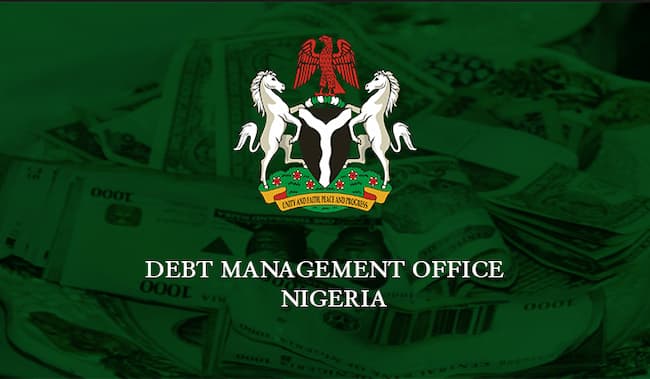The Debt Management Office, DMO, has issued promissory notes worth N505.56 billion to settle Nigerian government’s debt and contractual obligations to oil marketers in the private sector and government agencies.
This represents 37.32 percent of the total N1.35tn promissory notes the DMO issued to creditors to the government, including state governments, contractors and exporters as of December 31, 2020.
A promissory note is a financial instrument that contains a written promise by one party to pay another party a definite sum of money, either on demand or at a specified future date.
The DMO, a federal agency saddled with the responsibility of managing Nigeria’s debt, published the data on Wednesday.
DMO’s data revealed that state governments received a total of N636.79 billion; oil marketers N505.56 billion; exporters N165.51 billion while local contractors received N47.54 billion.
According to the DMO, all the promissory notes have maturity dates between 2019 and 2024.
The Federal Government uses the promissory notes to settle outstanding subsidy debt to oil marketers.
READ ALSO: CBN Predicts Debt Servicing Challenges, Recovery In Q1
However, the notes would not be turned into cash until the next three to four years, meaning that the poor financial situation of the downstream sector would not improve in a short term.
Also, the promissory notes are used to pay backlog of Export Expansion Grant to Nigerian exporters.
Out of a total of N1.29tn export expansion grant that had accumulated for three years, only N197bn had been approved for payment by the National Assembly through Promissory Notes issued by the Debt Management Office.
The Chairman, Manufacturers Association of Nigeria Export Promotion Group, Ede Dafinone, recently said non-payments of the grants coupled with border closure had led to a decline in non-oil exports.
Dafinone pointed out that delayed payment of the grant had discouraged exporters that sold their products at discounted prices in other countries as it was no longer profitable for them.
READ ALSO: Banks’ Credit Grows By N774.28bn – CBN
He noted that the border closure had affected export trade volume between Nigeria and neighbouring West African countries.
The chairman said the closure of the border had negatively affected genuine exporters, especially those trading around Seme border corridor.
